Find out the level of your awareness about allergy and asthma.
a. It may be chicken pox
b. Rash
c. It may be prickly heat
a. There is no itching after application
b. There is itching behind ears and nape of neck after 24 hours of application
c. There is itching after two months of application
a. Whooping cough
b. Status asthmaticus
c. Allergy
a. Oxygen
b. Nitrous oxide
c. Manganese oxide
1 Allergy: Type and Treatment
Anything which enters the body is foreign to it. The list is endless starting from your food, drinks to cosmetics and even medication.
The immune system deals with these foreign substances continuously. It is only when an allergic substance comes in contact with the body that it reacts to suppress or eliminate it. This allergic reaction may be in the form of mucous secretion, itching, or eruption. The foreign substances activate the immune system in order to fight and protect the body.
An immune system which is deficient provides a lower defense mechanism than required. On the other hand, a hypersensitive reaction occurs when the body overreacts to certain substances.
Allergy is a disorder of the immune system. It is also called atopy. Allergic reactions can occur due to the presence of certain substances known as allergens. Common allergic reactions include eczema, hives, hay fever, asthma and food allergies. Reactions to the venom of stinging insects such as wasps and bees are also allergic in nature.
All over the world mild allergies like hay fever, conjunctivitis, itching and a running nose are highly prevalent among human beings. Similarly, conditions such as asthma are common. In an asthmatic attack, the body reacts by releasing mucous. It also causes constriction which can be between a gentle wheeze and a tight feeling which can make breathing very difficult. Asthma can often be accompanied with other problems like eczema. In some people, severe allergies to dietary allergens, environment or medication may result in lifethreatening anaphylactic reactions.
Antibodies, Antigens and Immunoglobins
Antibodies
are found in the blood serum and are produced against foreign bodies (virus, bacteria).
Antigen
is a substance that causes the production of antibodies which act against the allergen.
Immunoglobins
is a scientific term for antibodies.
Immunoglobins are divided into five groups

IgE or Immunoglobulin E is the antibody responsible for allergic reactions.
Ig is the first to appear during an immune response but remains for a short period.
IgA is concerned with protection in the gut or mucosal surfaces. It is only present in a small quantity. It is also available in sweat, saliva and tears.
IgG is the largest amount of antibody found in the body. It is present in response to the presence of bacteria or virus. It also helps in blocking IgE from triggering an allergic response.
IgD responds against food antigens.
Allergic Reaction
Type I immediate or anaphylactic. This involves the presence of IgE immunoglobulin and the release of powerful chemicals from the cells of the body. It is present in diseases like asthma and hay fever.
Allergies Which Commonly Occur
Urticaria
It is also known as hives or nettle rash. The rash becomes worse on scratching. In urticaria the rash can appear anywhere on the body. The rash appears as welts. The welts come in groups big or small. The welts which spread over a large area of the body are referred to as giant urticaria. Angioedema is the twin condition of urticaria. It does not itch but has more complications and disfiguring. Both these conditions may occur in individuals who appear to have no other allergies.
Causes of urticaria:

 Certain foods e.g. fish, shellfish, peanuts and eggs
Certain foods e.g. fish, shellfish, peanuts and eggs
 Food additives like azo dyes, benzoates (preservation used in manufacture of foods).
Food additives like azo dyes, benzoates (preservation used in manufacture of foods).
 Salicylates : Aspirin can also be a cause of an allergic reaction resulting in urticaria.
Salicylates : Aspirin can also be a cause of an allergic reaction resulting in urticaria.
The skin lesions caused in urticaria are due to the inflammatory reaction in the skin. The leakage of capillaries in the dermis, a layer of the skin results in oedema (swelling of the area).
Common types of urticaria:
Acute Urticaria:
Normally comes up after a few minutes of contact with the allergen. Food allergic reactions are usually a cause of this condition.
Chronic Urticaria:
Persists for 6 weeks or more. It is due to the hives which are already present.
Physical Urticaria:
Can occur due to cold, as a reaction to body heat or direct sunlight.
Exercise Urticaria:
Strenuous exercise, particularly jogging can result in this type of urticaria.
Management of urticaria
Urticaria is not an easy disease to manage. The primary part of the management involves the awareness of ones trigger. Medical treatment given is of :

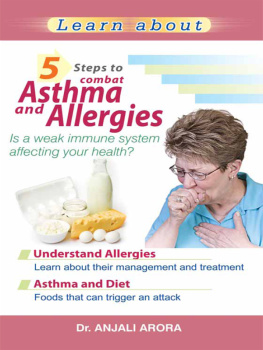



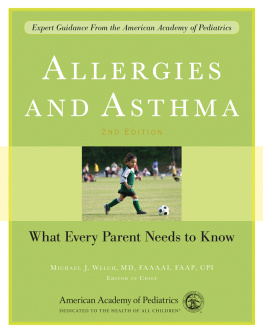
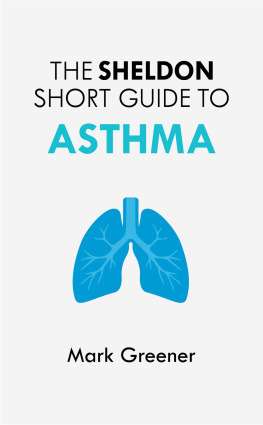
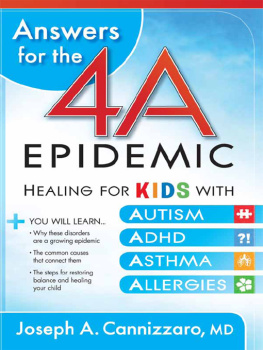

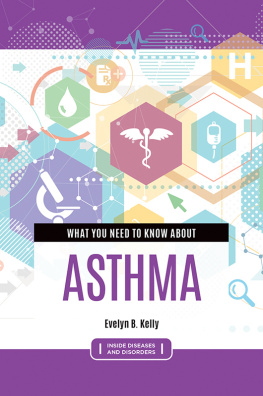
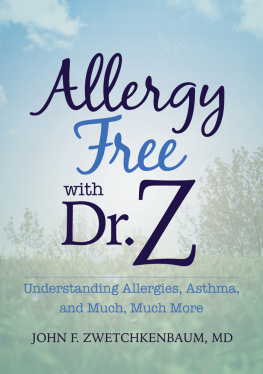
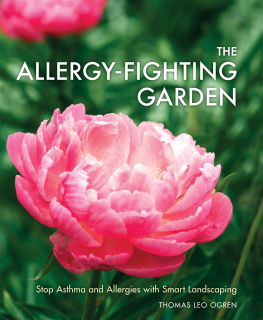
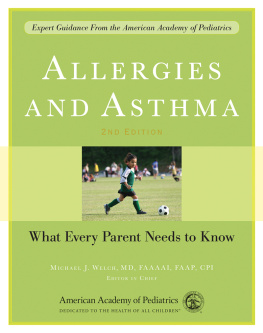







 Certain foods e.g. fish, shellfish, peanuts and eggs
Certain foods e.g. fish, shellfish, peanuts and eggs